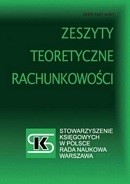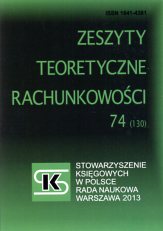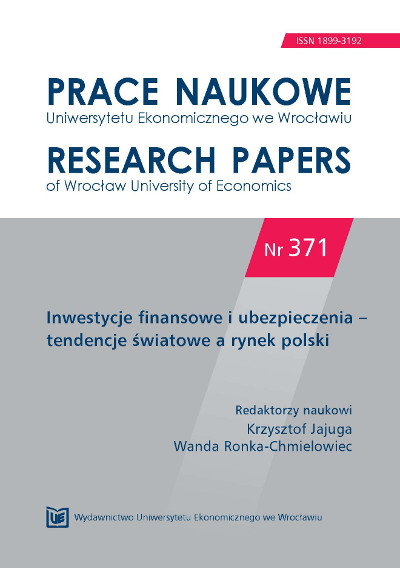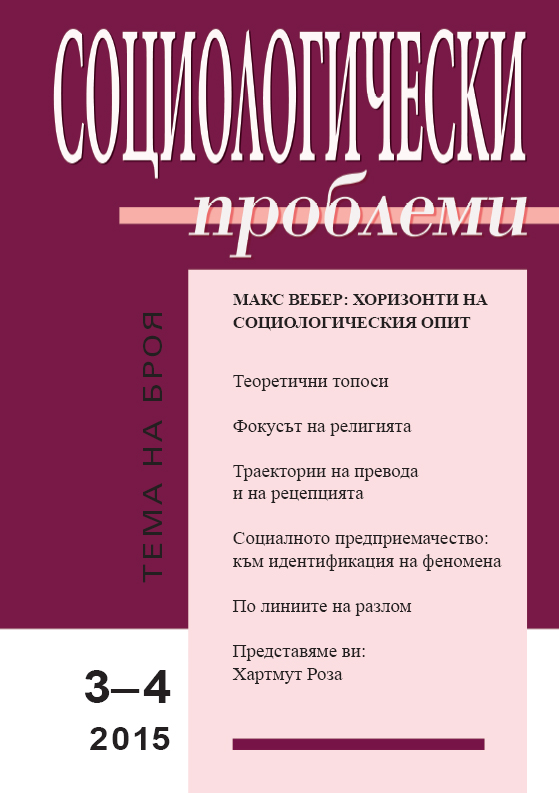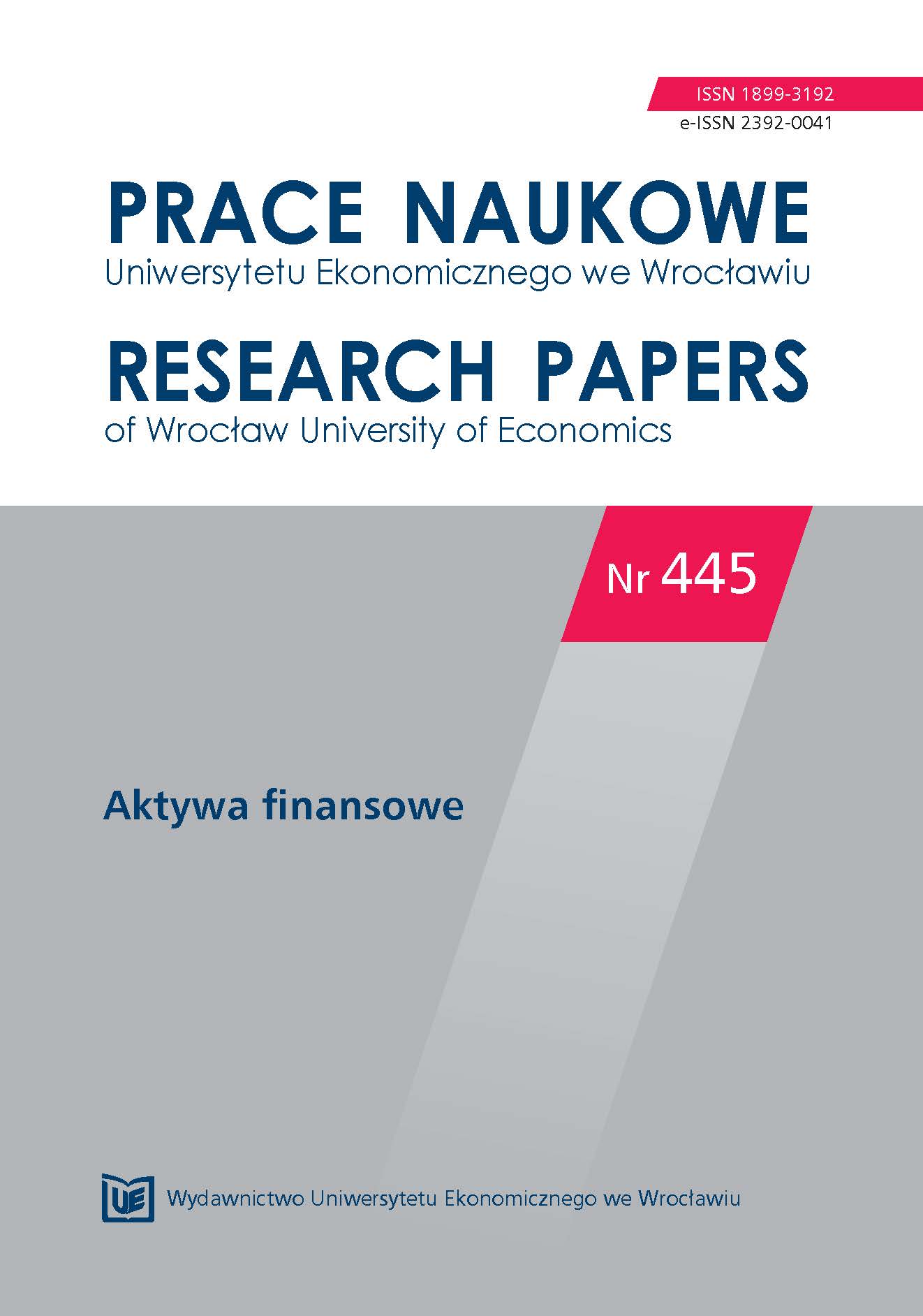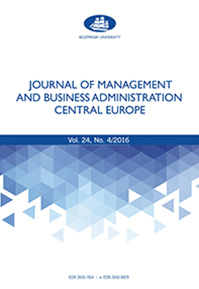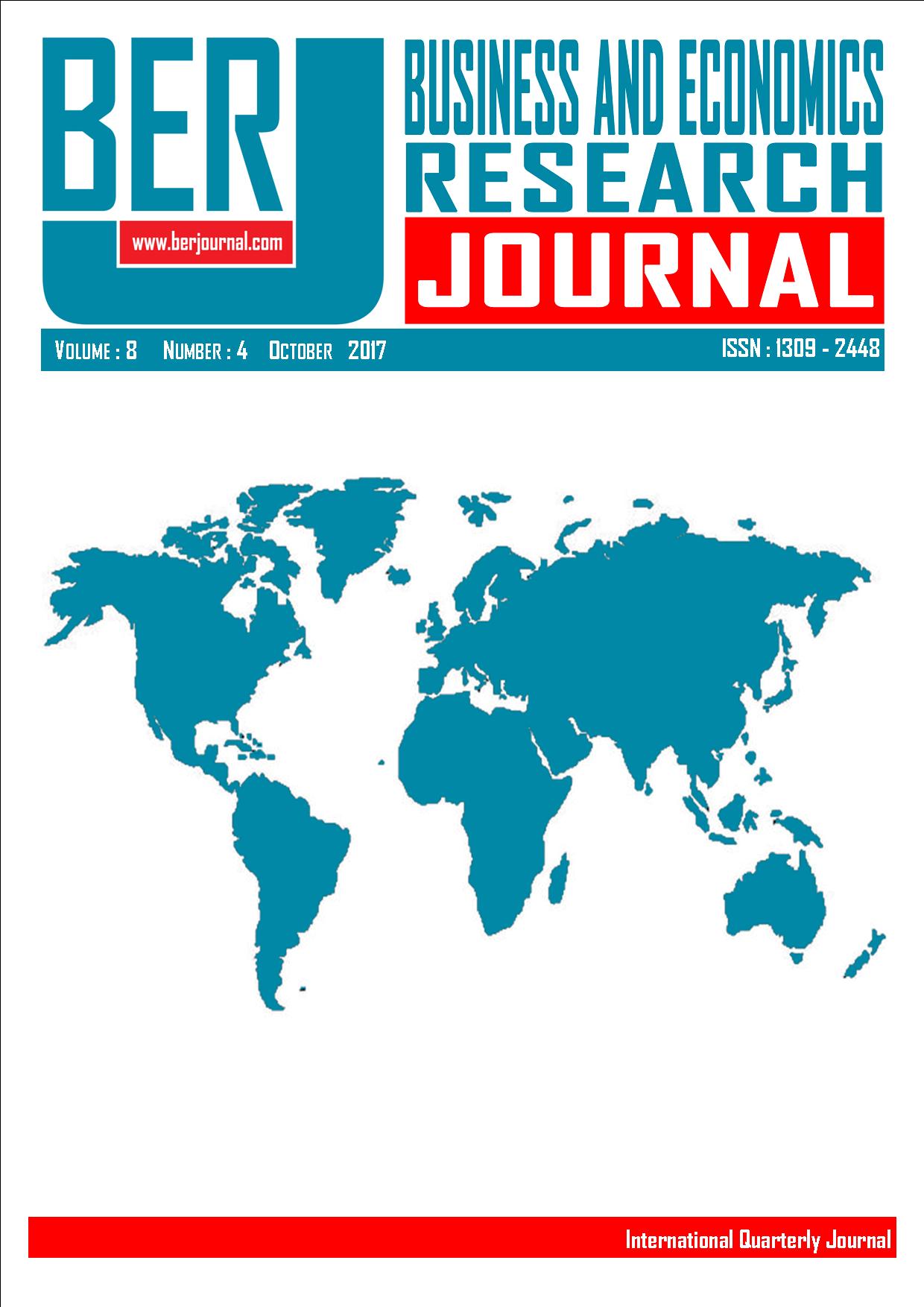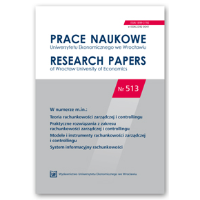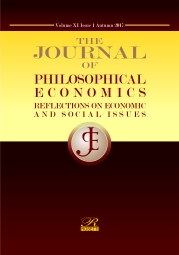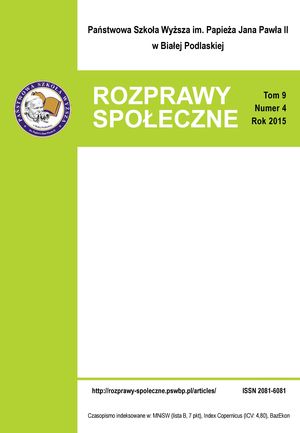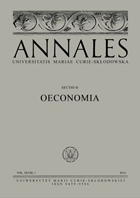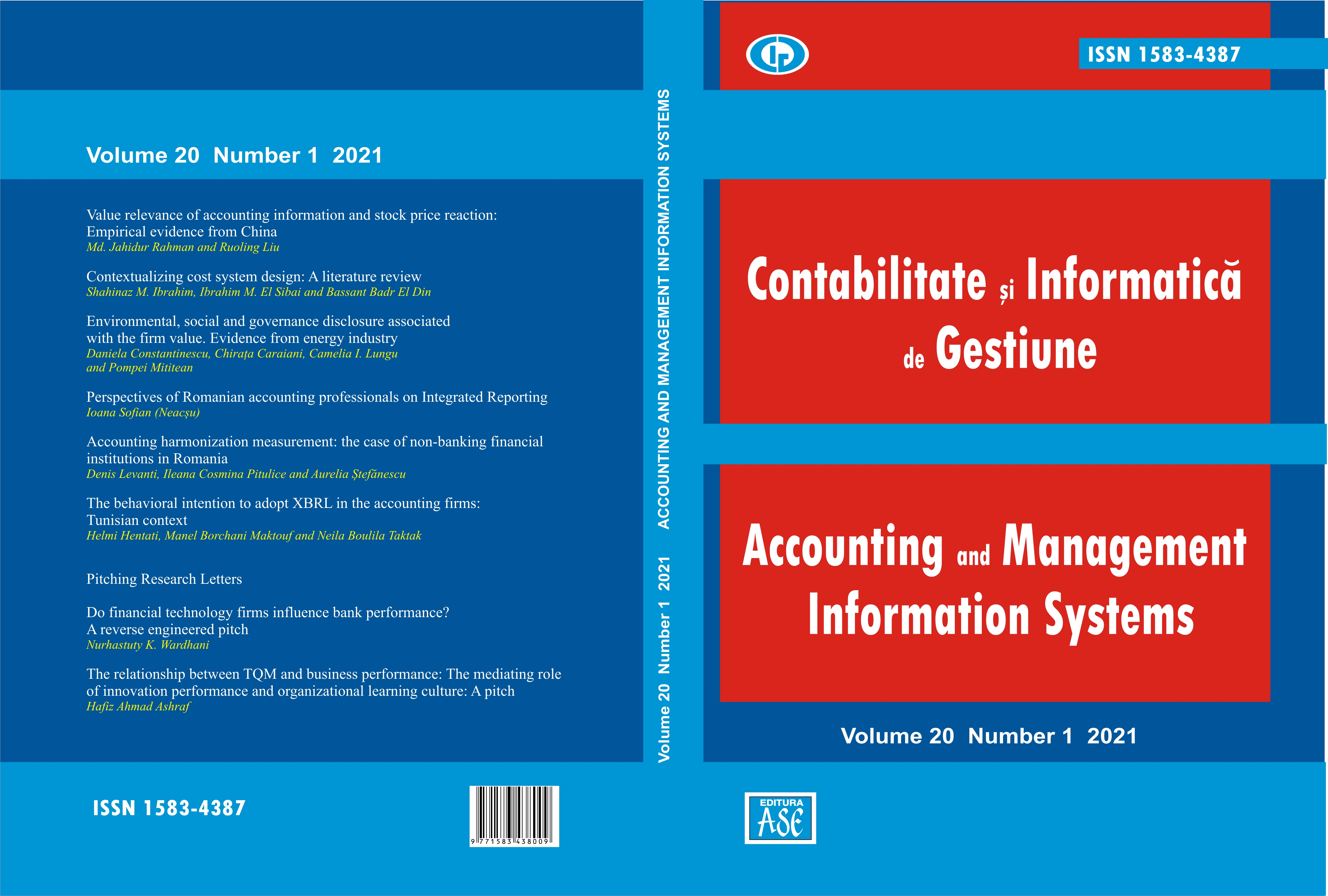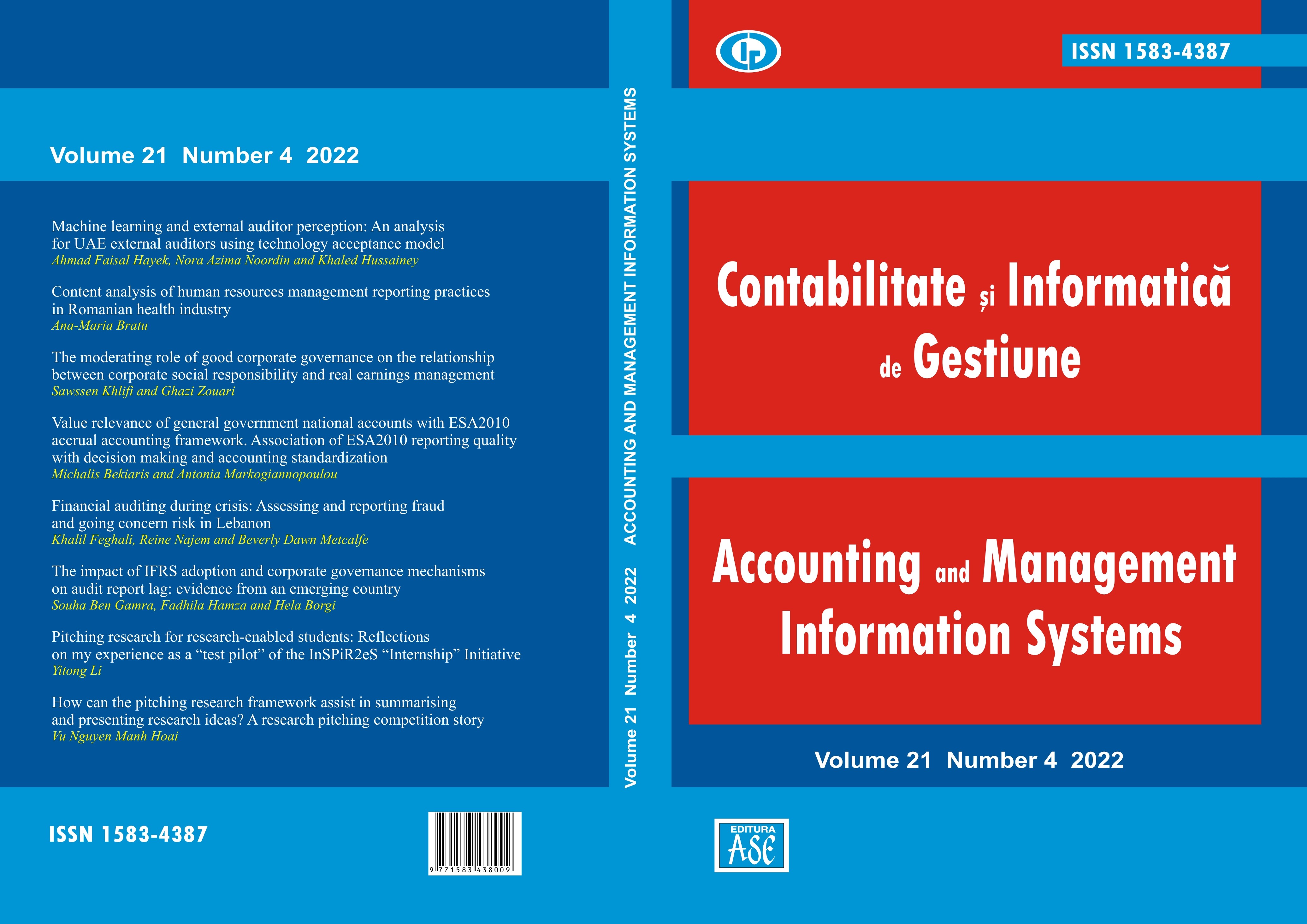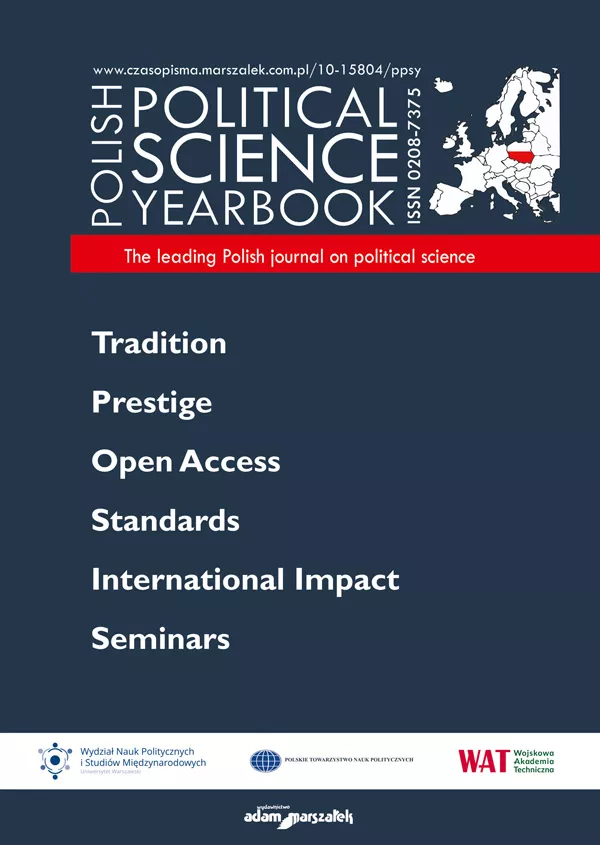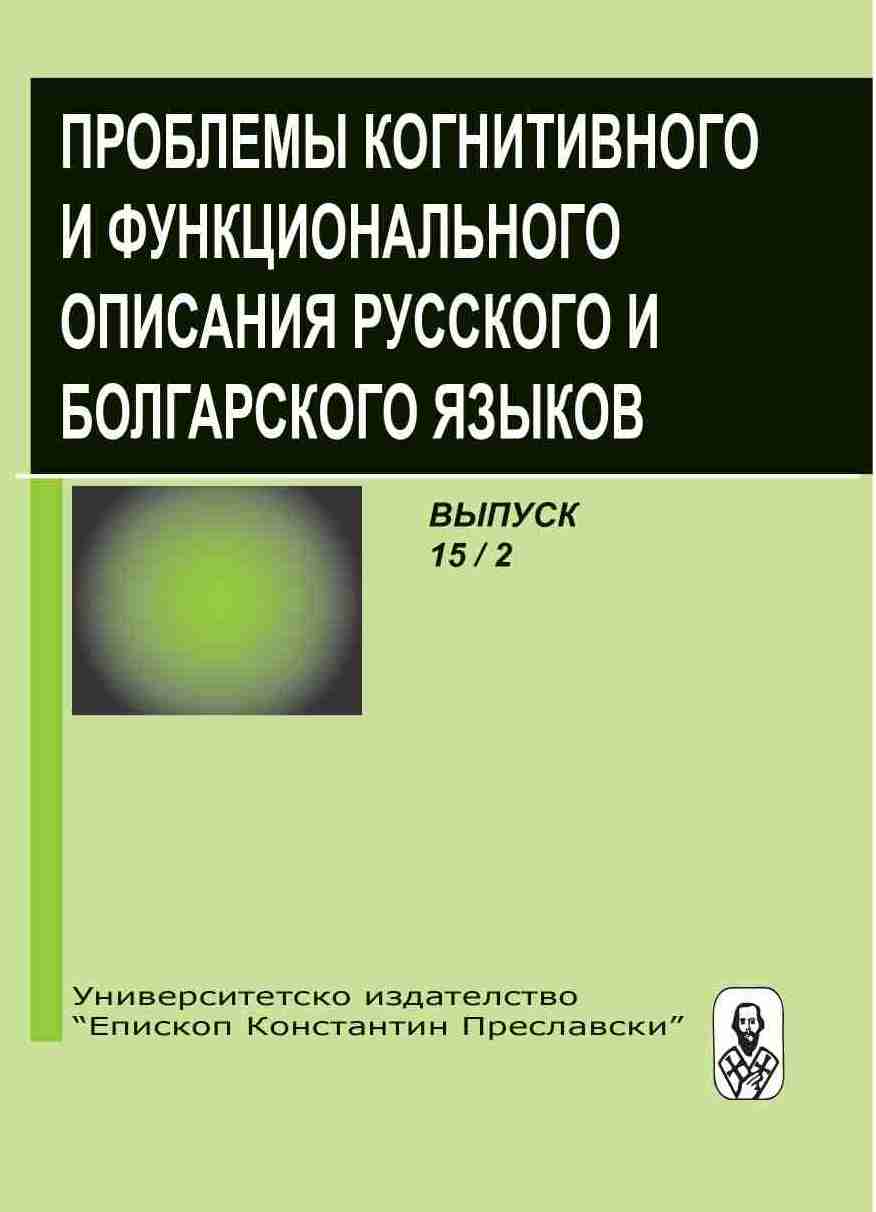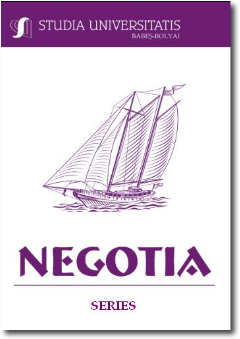
THE PARTICULAR CASE OF SMES REGARDING FINANCIAL REPORTING AND ACCOUNTING FOR INVESTMENT PROPERTY
THE PARTICULAR CASE OF SMES REGARDING FINANCIAL REPORTING AND ACCOUNTING FOR INVESTMENT PROPERTY
Keywords: investment property; SMEs; IFRS for SMEs; IAS 40; Romanian accounting regulations.
The main objective of the present paper is to analyze the particular case of accounting for investment property when considering small and medium-sized entities. The first part of our study addresses the issue of SMEs financial reporting by synthesizing particularities being documented within research literature. The necessity of separate Romanian accounting regulations for SMEs is also discussed. Our paper further focuses on accounting for investment property. While the international accounting regulations approach this issue trough both a distinct standard, IAS 40 Investment Property, and through the IFRS for SMEs, the concept is not even defined within Romanian accounting regulations. The analysis is further developed on accounting regulations in order to discuss accounting for investment property at international level, as stipulated through both IAS 40 and the IFRS for SMEs, and at national level. We conclude our paper by arguing for the benefits of including investment property and their fair value measurement within Romanian accounting regulations.
More...
